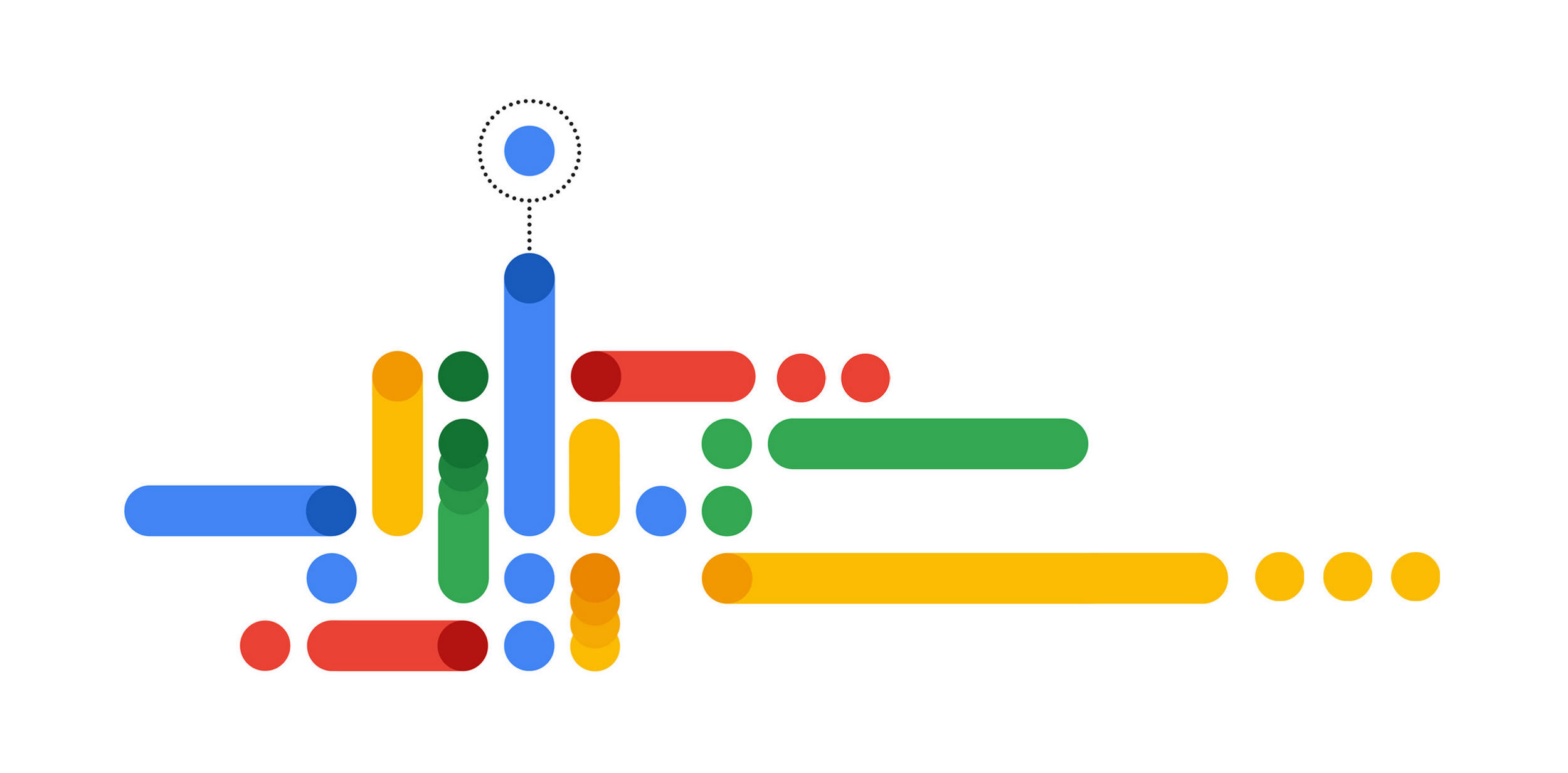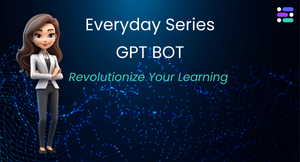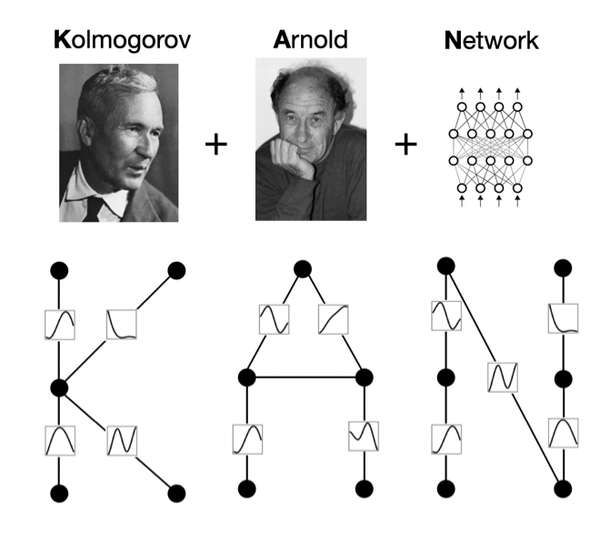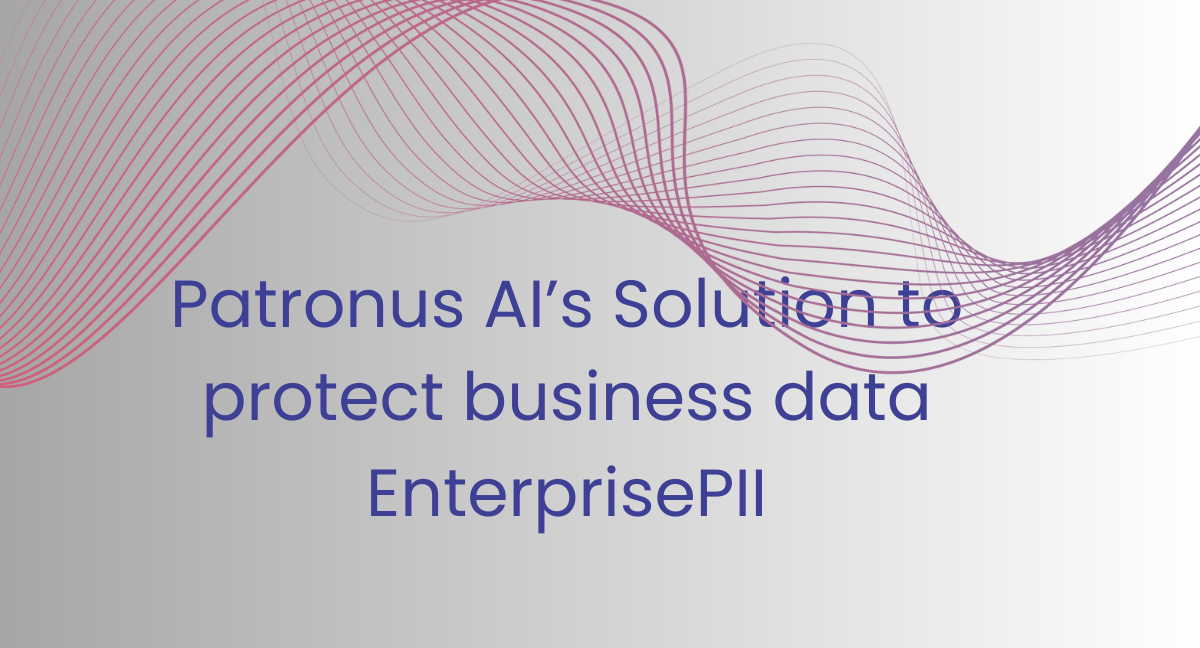Over the years, Google has been at the forefront of Artificial Intelligence (AI) research and development. It has been using machine learning (ML) to improve the functionality of its products and services. Recently, the company announced that it is integrating generative AI into its tools to enhance the user experience.
Generative AI is a type of AI that uses ML to create original and unique content. It can generate new images, text, and audio that are similar to the training data it has been fed. This technology has been around for some time and has been used in applications such as music composition and image generation. However, Google is taking it to the next level by incorporating it into its products.

The integration of generative AI into Google's tools represents an exciting development in the field of artificial intelligence. By harnessing the power of machine learning, Google is able to provide users with more efficient and effective tools for communication, writing, and translation. And as the technology continues to advance, we can expect to see even more innovative applications of generative AI in the years to come.
Value for enterprise
While Generative AI has primarily been used for creative purposes, such as generating art or music, there is growing potential for generative AI to drive enterprise value for businesses. By turning generative AI building blocks into enterprise value, companies can leverage the technology to streamline processes, improve efficiency, and drive innovation.
One of the key areas where generative AI can be used to drive enterprise value is in content creation. For example, companies can use generative AI to automatically generate product descriptions, website copy, and marketing materials. This can save time and resources by reducing the need for human writers and editors. Additionally, generative AI can help companies to create more personalized and engaging content that resonates with their target audience.
Another area where generative AI can be used to drive enterprise value is in product design. By training machines to generate design concepts based on user feedback and preferences, companies can accelerate the product design process and reduce the time-to-market. Additionally, generative AI can help companies to create more innovative and user-friendly products by generating new and novel design ideas.

Generative AI can also be used to improve customer service and support. For example, companies can use generative AI-powered chatbots to automate customer service inquiries and provide personalized support. This can reduce wait times and improve the overall customer experience. Additionally, generative AI can be used to analyze customer feedback and sentiment, helping companies to identify areas for improvement and drive customer satisfaction.
Finally, generative AI can be used to drive enterprise value by improving operational efficiency. For example, companies can use generative AI to optimize supply chain management, predicting demand and managing inventory levels. Generative AI can also be used to improve quality control, detecting defects and identifying areas for improvement.
Of course, there are also potential challenges to implementing generative AI in an enterprise context. For example, companies will need to ensure that the generated content meets quality standards and is aligned with the company's brand and values. Additionally, companies will need to consider issues around data privacy and security when using generative AI.
Everyday Series uses Generative AI and other technologies to let it's users build varities of AI products and increase their productivity. With today's update by Google, we are excited to use their offerings and bring it to our users soon.










